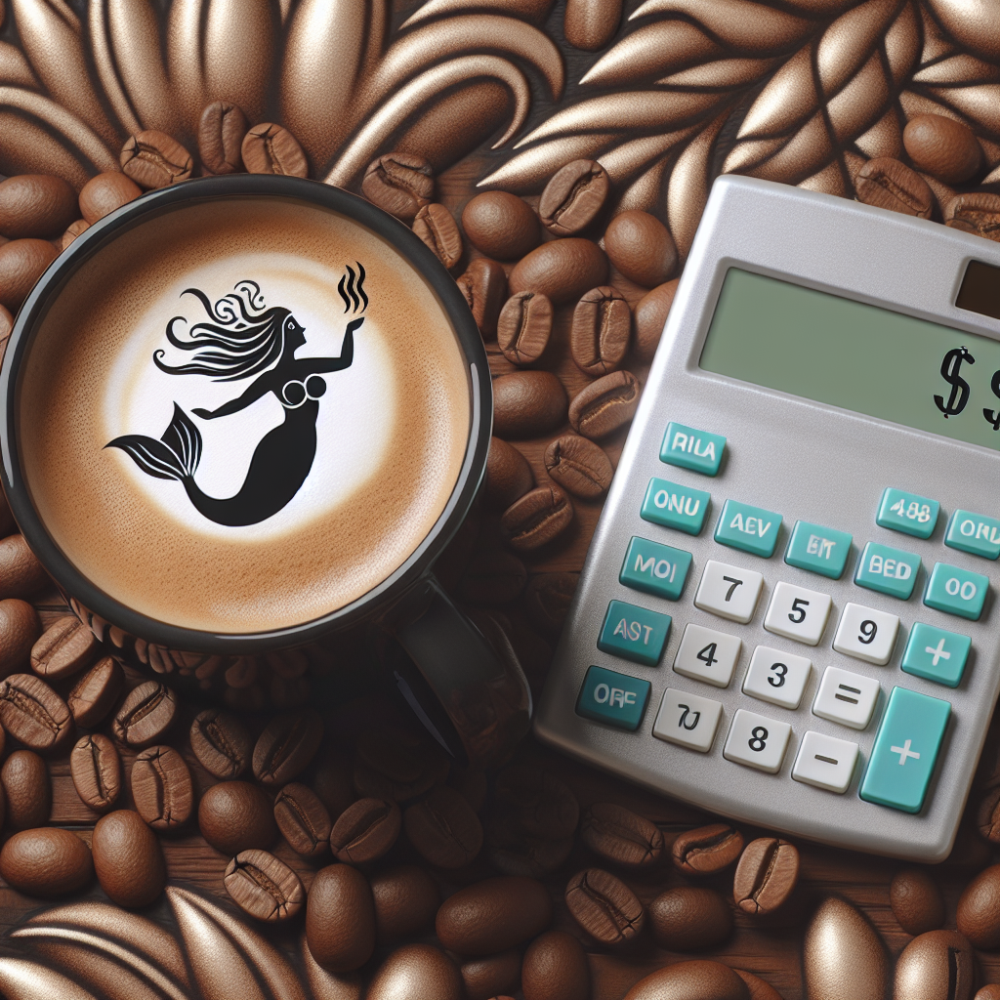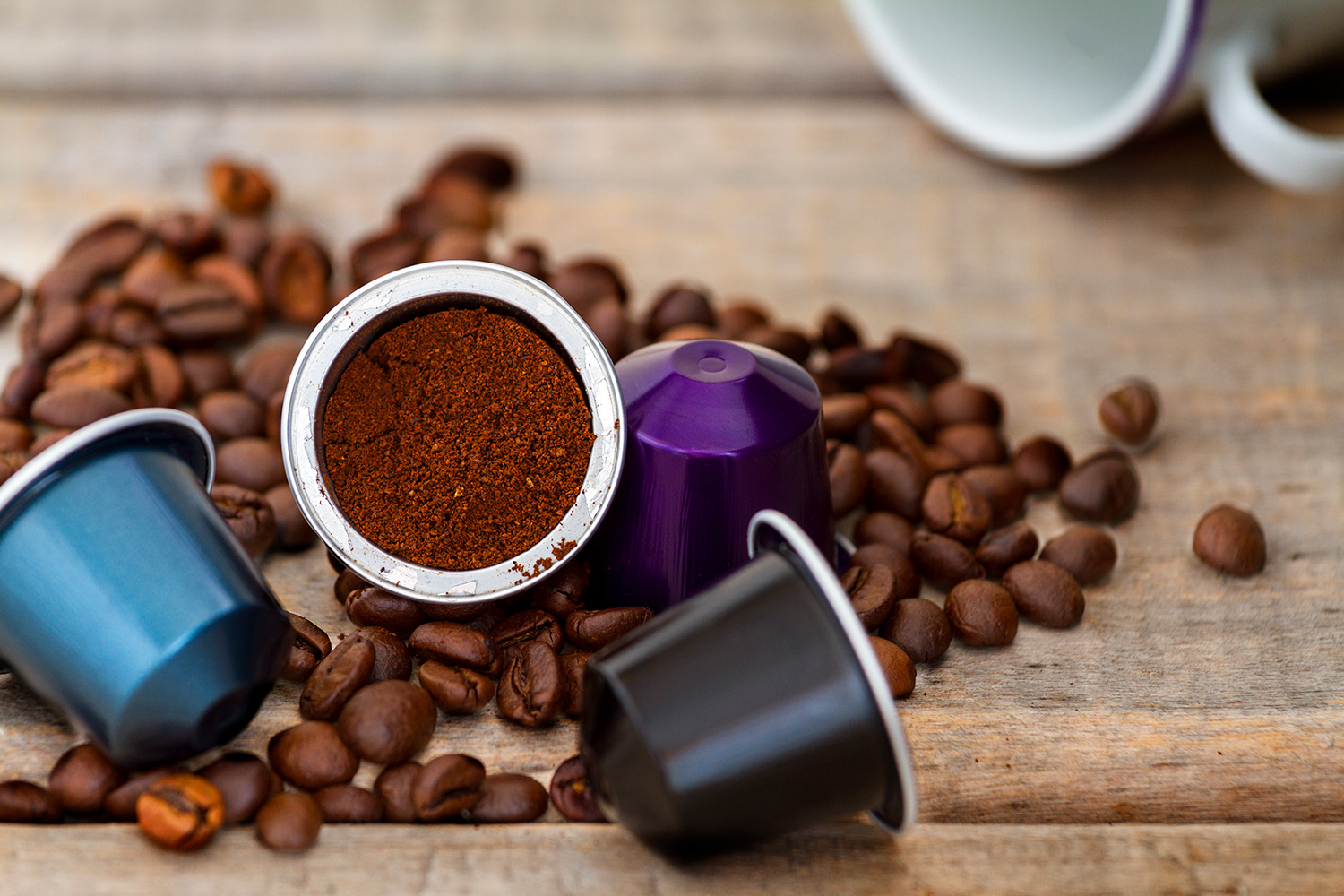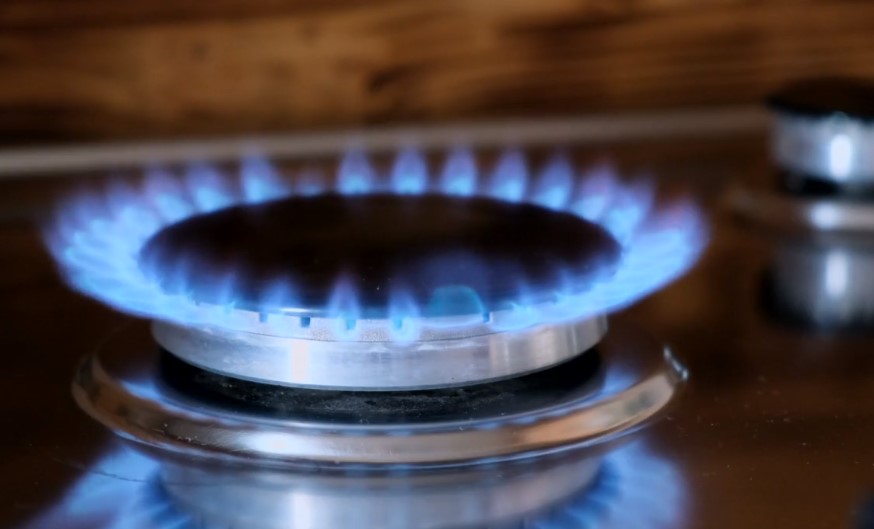In the quiet hours of the morning, as the sun peeks over the horizon, a familiar ritual unfolds in kitchens worldwide. The rich, aromatic essence of freshly brewed coffee stirs the senses, signaling the start of a new day. This cherished routine, however, comes at an increasing cost. The purpose of this post is not just to shed light on the escalating prices of your beloved brew but also to offer insights into savvy money-saving tips in the face of these rising costs.
A Journey Through Time: The Price of a Cup

The journey of coffee pricing is as complex as its flavors. Historically, the cost of coffee has witnessed significant ebbs and flows, shaped by an array of global events. Economic downturns, geopolitical crises, and even climatic aberrations have left their mark on coffee prices, creating a volatile market that often reflects the unpredictability of the world we live in.
At Nature’s Mercy: The Trials of Coffee Production
Venturing into the heart of coffee farms unveils a narrative dominated by the whims of nature. Coffee cultivation stands on the frontline of climate change, facing threats from erratic weather patterns to unprecedented pests. The shift towards sustainable and ethical farming practices, while essential for the future of our planet and the industry, brings its own set of financial burdens, inadvertently percolating down to the prices we see on the shelves.
The Long Road: Tracing the Coffee Supply Chain
From the lush greenery of coffee plantations to the comfort of your favorite mug, every bean embarks on an exhaustive journey. This voyage is fraught with costs at every turn. The meticulous process of harvesting, the precision in processing, and the intricacies of transportation all weave into the tapestry of expenses that shape the final retail price. As consumers, understanding this complex supply chain offers a glimpse into the myriad factors that make up the cost of each cup.
The Taste of Luxury: Quality Meets Price
Delving into the realms of coffee quality unveils a spectrum where the grade of the bean intricately intertwines with its price. The allure of premium coffee beans and the exclusive world of specialty caffeine beans come with a price tag that echoes their distinctiveness and the meticulous care in their production.
Factors influencing bean grading, from altitude to processing methods, play a pivotal role in crafting the flavors that command a higher market value. For the best bean quality you should check out Lux Cafe Club.
Currency’s Dance: The Global Ballet of Coffee Pricing

In the grand theater of global commerce, coffee prices do not escape the intricate ballet of currency exchange rates. The strength or weakness of a currency directly influences the dynamics of coffee-importing and exporting nations, often turning the market into a stage for price volatility. Exchange rate fluctuations, subtle yet impactful, are a reminder of the interconnectedness of our global economy and its influence on something as universal as the price of beans.
The Evolution of Coffee Culture
In recent years, we’ve witnessed a remarkable transformation in the coffee industry, reflecting the evolving preferences of consumers. Gone are the days when a simple cup of coffee sufficed. Today, the landscape is dominated by specialty coffee shops and artisanal products. This shift isn’t just about taste; it’s about an experience, a ritual that resonates with the modern-day caffeine aficionado.
The surge in demand for premium blends and exotic origins has indeed elevated the standards of what goes into a cup. However, this heightened expectation for quality comes with its own set of implications, particularly on pricing. The premiumization of caffeine has led to a noticeable uptick in what consumers are willing to pay, setting a new benchmark in the market.
The Influence of Taxes and Tariffs

While our palates have evolved, so too has the economic landscape that frames the coffee industry. Taxes and tariffs are integral components that significantly shape market prices. These governmental tools are often employed to regulate the market, protect local producers, or sometimes as a response to geopolitical dynamics.
The intricate dance of policies and trade agreements can either stabilize or disrupt the industry, impacting prices from farm to cup. Notably, trade disputes can lead to sudden spikes in costs, directly affecting what consumers pay. This complex interplay underscores the vulnerability of coffee prices to global economic currents.
The Power of Branding and Marketing
In the realm of coffee, branding and marketing hold substantial sway. Renowned brands have mastered the art of storytelling, creating an aura around their products that consumers are willing to pay a premium for. This prowess isn’t just about the beans; it’s about the experience and the perceived value that comes with the brand.
Furthermore, sophisticated advertising strategies and attractive packaging play pivotal roles in shaping consumer perception, often justifying higher price points. This aspect of the industry highlights the psychological dimensions of pricing and how value is not just in the product but in the brand’s narrative.
Smart Strategies for Coffee Enthusiasts

Despite the premiumization trend, there are practical ways for consumers to enjoy their beloved brew without breaking the bank. One of the most effective strategies is to embrace the ritual of brewing coffee at home.
Not only does this practice offer a moment of tranquility, but it also significantly reduces costs. Additionally, exploring budget-friendly alternatives can lead to delightful discoveries that don’t strain the wallet. This approach not only fosters a deeper appreciation of caffeine beans but also encourages a more mindful consumption pattern.
Championing Sustainable Coffee Practices
In the quest for the perfect cup, it’s crucial not to overlook the importance of sustainability and ethical production. Supporting initiatives like Fair Trade and Rainforest Alliance certifications is more than a consumer choice; it’s a stance on responsible consumption.
These certifications ensure that coffee producers receive fair compensation, promoting sustainable farming practices and community development. Interestingly, aligning with these ethical choices does not necessarily mean a compromise on budget. In fact, it can enhance the overall value of the coffee experience, knowing that each sip contributes to a greater cause.
Related Posts:
- Buying Real Estate in the UK: Is Now the Prime Time…
- Old School Runescape Money-Making Tips and Tricks…
- How Much Does Tattoo Removal Cost? Unveiling the…
- Why It's Important to Get a Car History Check:…
- Business Growth Tips: Why is Strategic Planning Important
- Why Your TikTok Videos Aren't Going Viral: Unveiling…













